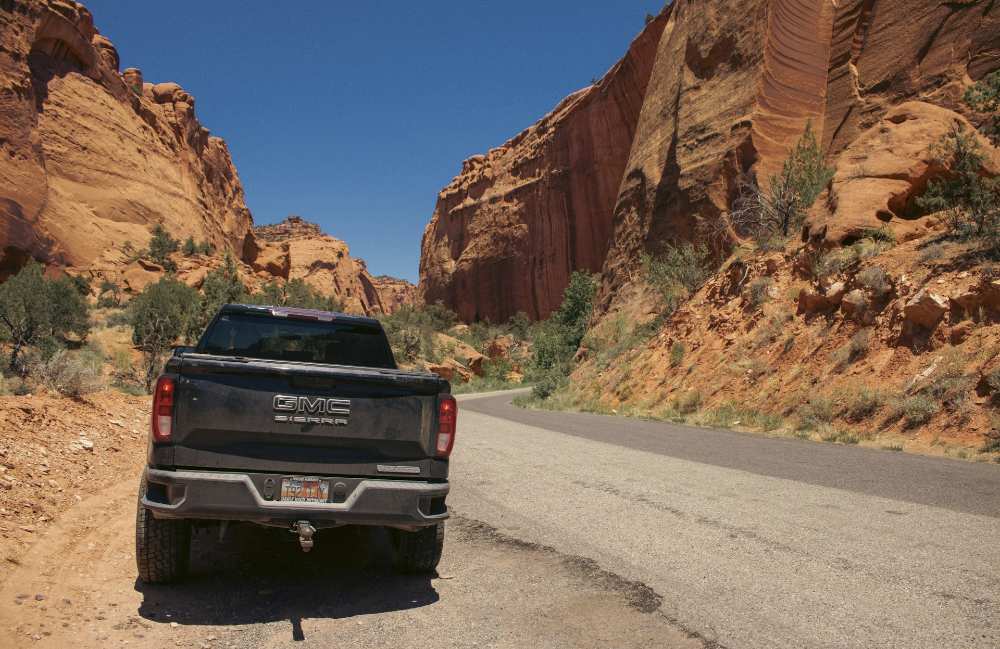Riding in the back of a pickup truck may seem like a fun, carefree activity, but it raises important legal and safety questions. The laws regarding this practice vary widely across the United States, with some states allowing it and others imposing strict restrictions. This blog post explores the legality of riding in truck beds, state-specific regulations, and the potential risks involved.
Contents
State-Specific Laws
Laws regarding riding in truck beds differ significantly from state to state. Some states have no specific laws prohibiting the practice, while others have strict regulations. For example, California allows adults to ride in truck beds but prohibits children under 18 from doing so except in specific circumstances. Texas permits adults to ride in truck beds but has restrictions for minors.
Age Restrictions
Many states that allow riding in truck beds impose age restrictions. These typically apply to minors, with some states setting the minimum age at 16 or 18. For instance, North Carolina allows passengers over 16 to ride in truck beds. However, some states have no age restrictions at all.
Exceptions to the Rules
Even in states with restrictions, there are often exceptions to the rules. Common exceptions include emergency situations, parades, and agricultural work. Some states also make exceptions for vehicles traveling at low speeds or on certain types of roads. It’s important to be aware of these exceptions in your specific state.
Safety Concerns
Regardless of legality, riding in a truck bed poses significant safety risks. Passengers in truck beds lack the protection of seatbelts and are at risk of being ejected during accidents or sudden stops. The National Highway Traffic Safety Administration warns that this practice can lead to severe injuries or fatalities. Even at low speeds, the risks remain substantial.
Penalties for Violations
In states where riding in truck beds is restricted or prohibited, violations can result in penalties. These may include fines, which can range from relatively small amounts to several hundred dollars. Some states may also assign points to the driver’s license or consider it a misdemeanor offense. Repeat offenses often carry more severe penalties.
Impact on Insurance Claims
Riding in a truck bed can complicate insurance claims in the event of an accident. Insurance companies may view this as a risky behavior, potentially affecting claim payouts or liability determinations. In some cases, it could be considered contributory negligence, potentially reducing or eliminating compensation for injuries sustained during an accident.
Alternatives and Safety Measures
For those who need to transport more people than a truck’s cab can accommodate, there are safer alternatives. Using vehicles with more seating capacity or making multiple trips are recommended options. If riding in a truck bed is absolutely necessary and legal in your area, taking safety measures such as sitting on the floor of the bed and avoiding sudden movements can help reduce risks.
Conclusion
While the legality of riding in truck beds varies across the US, the safety risks remain consistent. It’s crucial to familiarize yourself with local laws and prioritize safety when considering this practice. Always opt for safer alternatives when possible, and remember that legal doesn’t always mean safe. Protecting yourself and your passengers should be the top priority on the road.

